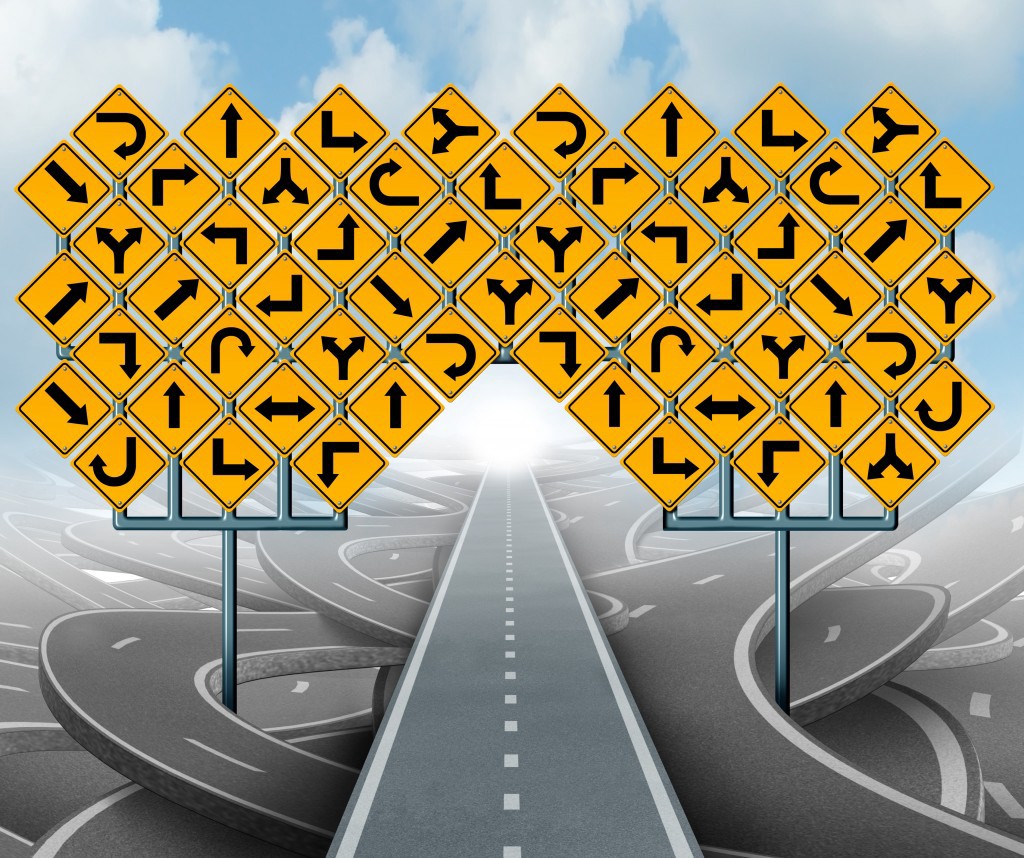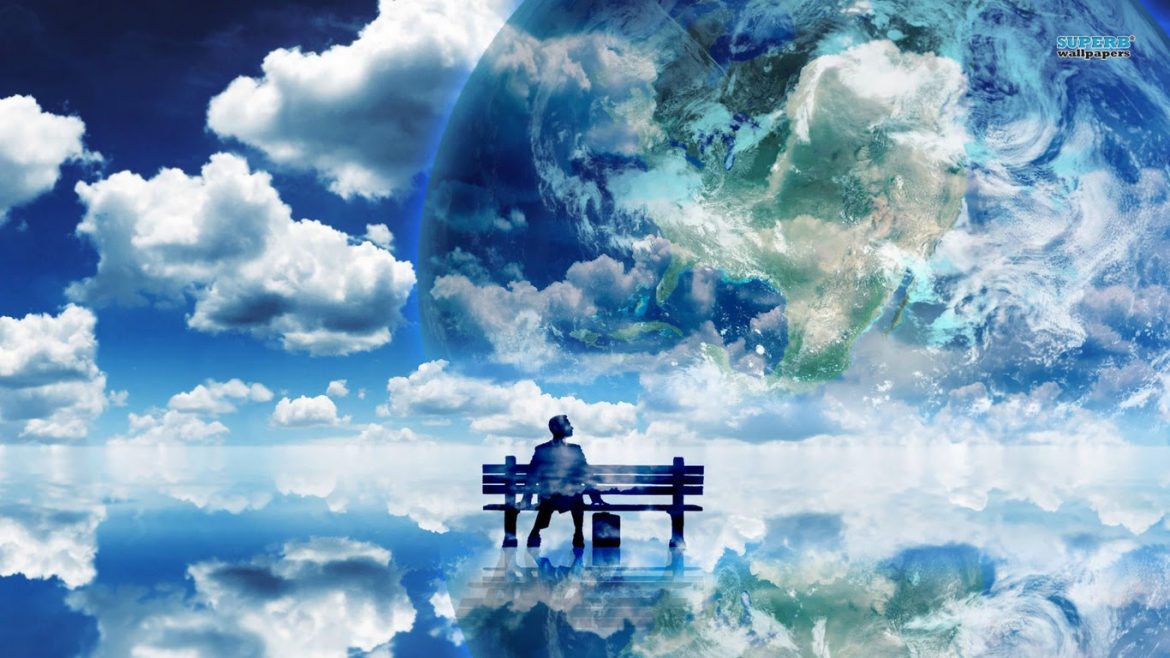What do fake news, misinformation, disinformation, virtual reality, Q-Anon conspiracy theories, and AI have in common? All are products of the human mind, and none have anything to do with truth and actuality.
The commentariat is beginning to realize that “the chorus of angst over misinformation has focused too sharply on the channels supplying it, when the bigger problem is the public’s appetite for consuming it.” But no one is sufficiently asking: Why is there such a demand for disinformation and conspiracy theories?
A superficial diagnosis inevitably results in an ineffective prescription. Many academics assert that things can be put right if the educational system produces people who are capable of “intellectual virtue,” which “is the ability to embrace nuance…a realm of opacity that is neither stark truth or fiction nor obvious right or wrong — without collapsing into nihilism.”
Though it sounds reasonable to say, “the rejection of nuance is the most compelling explanation for the rise of disinformation,” it’s deeply mistaken.

In truth, the philosophy of nuance is one of main reasons that reasonable people are incapable of addressing blatant lying and disinformation.
The false choice is between the ineffectual prescription of “embracing nuance” and “a Manichaean worldview that sees everything as wholly true or entirely false, a patina of plausibility leads to an extreme conclusion.”
However “a Manichaean worldview” is a classic straw man. Nonetheless, profs and pundits have erected a mammoth intellectual structure against it, which, like the Burning Man, they perennially ignite in a ceremony of self-congratulation.
Embracing “opacity”–the gray area between true and false–is not a state of humility. It’s a conceit of the cunningly confused, intellectuals incapable of seeing the true as true and the false as false because they don’t believe the human mind is capable of doing so.
“Nuance” is just another word for relativism, for blurring the lines between true and false, and for not seeing things as they are.
That’s precisely what has led to this pervasive culture of nihilism. It’s the end product of a philosophy that maintains all ‘perspectives’ are equally valid, and that truth doesn’t exist except as we individually and collectively determine it. Is it any wonder why so many people have come to believe that since nothing is clearly true or clearly false, they may as well believe whatever they want to believe?
The confusion and crisis of human consciousness obviously goes much deeper than the philosophical bog of Western civilization however.
All data and knowledge are being collected, linked, collated and analyzed in ways that have already gone far beyond our capacity to understand, much less control the outcomes. Consequently people who should know better (and I’m not referring to creepy Musk) are advocating welcoming the brave new world of being cyborgs.
The ‘thinking’ goes like this. Since “The expanded mind of AI overseeing the Internet of Things as well as the Internet of Bodies will not only extend from outer devices and processes to the inner recesses of what we once thought were our private selves,” then I may as well embrace the world and consciousness where “I have become a node in this network of networks and no longer can live without it.”
The quote is from professor of religion at Columbia no less. He idolizes human thought and the machines it has made in its image: “As sentient environments and distributed cognition continue to expand, I along with all other smart things and smart bodies will be contributing to the complex intervolutionary process that will continuously shape everything and everyone for a long, long while to come.”
Such revolting spiritual wrongheadedness unabashedly puts the cognitive realm (human plus computer) above direct perception, feeling and religious experiencing. If allowed to prevail, it will be the end of humanity, under the guise of “gestating nothing less than the human being of the future.”

Without radical change of this basic mindset, climate catastrophe, species extinction, and ecological collapse are also inevitable. Yet professors of religion, as well as many scientists speak and act as if this is a valid and viable way ahead.
The continuity and interconnection of data and knowledge in the AI cloud marks the end of man as we’ve been for tens of thousands of years. Will it mark the end of the spiritual potential of the human being as well?
Though not achievable as an end or fixed state of being, clarity is essential. The lifelong basis of having insight into what is and discovering the living truth is seeing the true as true and false as false, without “nuance.”
We can both grow as free human beings, and use the AI cloud of the Internet of Things. But to do so one has to be willing and able to regularly stand alone in the cloud of unknowing.
Martin LeFevre

